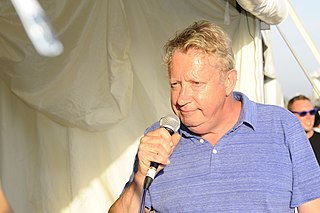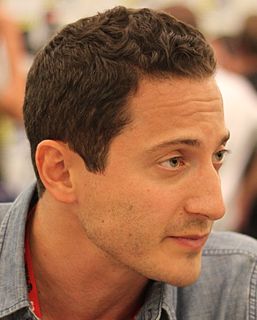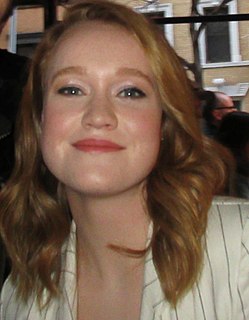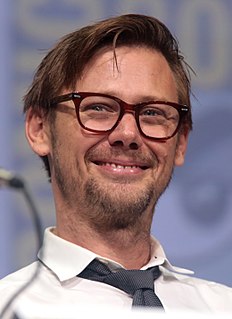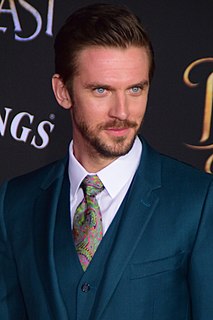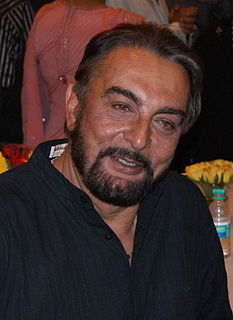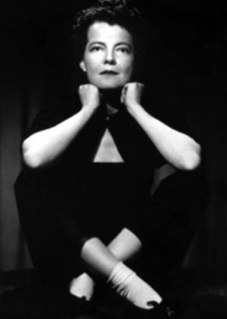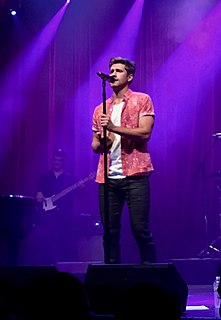A Quote by Mark Rylance
I didn't particularly aim to be a Shakespeare actor, but I suppose I had a certain gift or it; I certainly got offered lots of it. I liked Complicite and Shared Experience and Kick Theatre, and all the small theatre companies that were getting going. I wanted to be like that, making original theatre.
Related Quotes
Before I worked on film, I studied the theatre, and I expected that I would spend my whole career in theatre. Gradually, I started writing for the cinema. However, I feel grateful towards the theatre. I love working with spectators, and I love this experience with the theatre, and I like theatre culture.
I went to theatre school for four years and just wanted to do theatre. I had no ambition to be on TV or to be on camera. I just wanted to go to New York or London and be on stage... I did a lot of theatre in Montreal, got involved in TV in Toronto and then moved to L.A. I hope that film and TV will take me back to theatre.
Being an actor in TV or movies is different. A film or TV actor, if put in theatre, won't know certain dimensions, while a theatre actor won't know certain things when he comes before the camera. So I think a film actor can learn emoting from this theatre counterpart, while the theatre actor can learn about camera techniques from the film actor.
Theatre, when it is at its best, takes a lot of beating - the live experience and the shared collective experience of live storytelling is really special when it is good. Particularly here in New York because the audiences are amazing, very vocal and very engaged, and that makes theatre very exciting.

